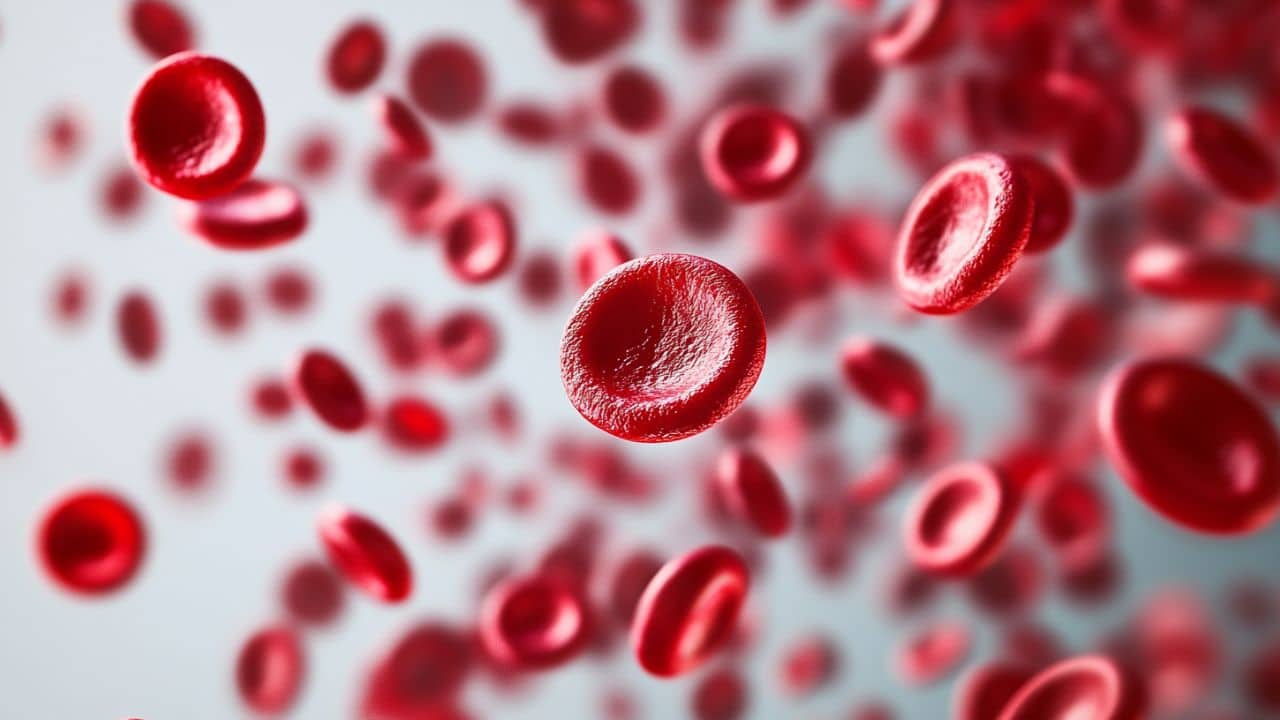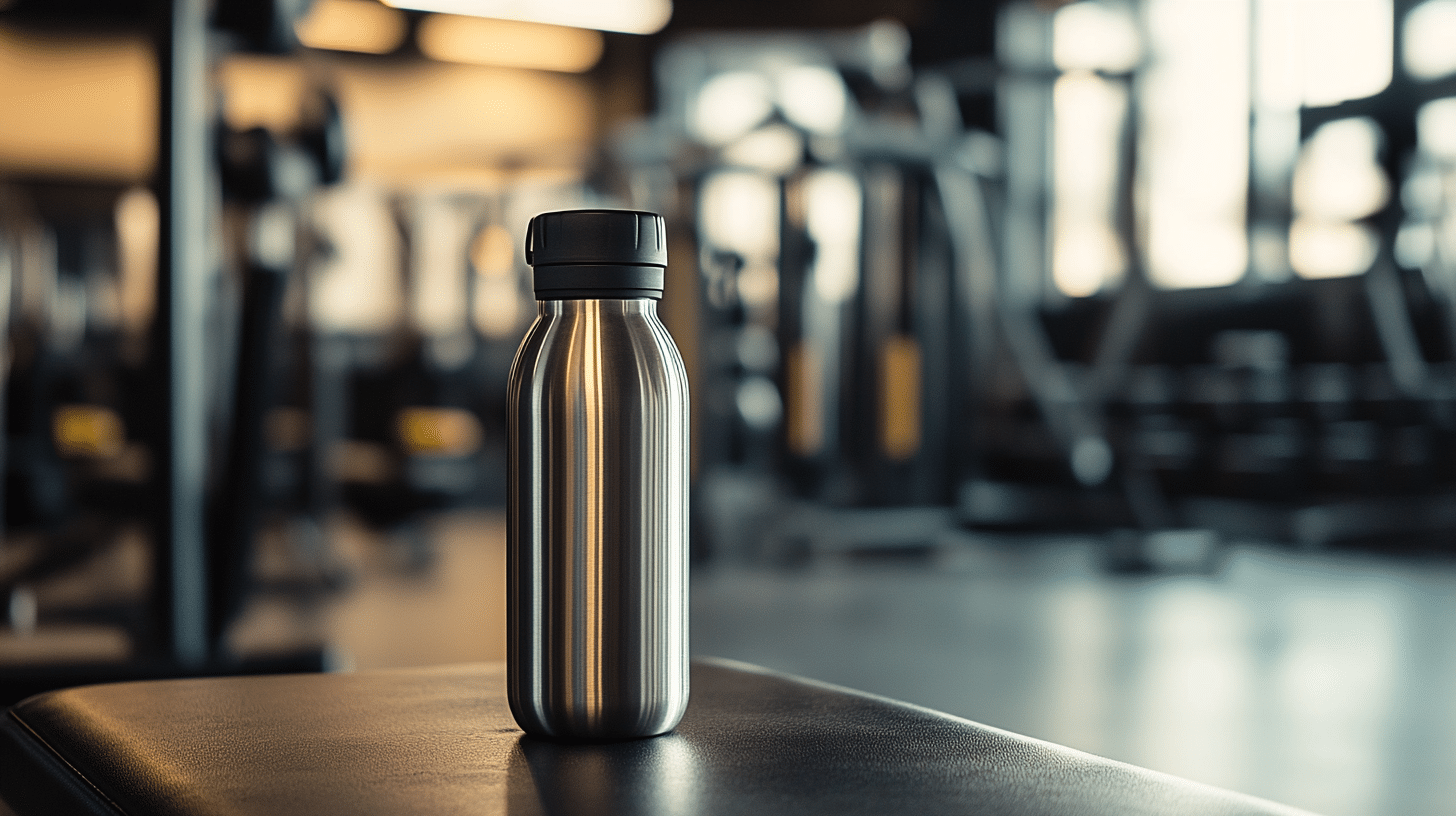Nutritional needs and aging are closely intertwined, as the aging process brings about significant changes in the body that impact dietary requirements. Aging is an inevitable and fascinating journey that transforms not just our perspectives but also our physiology. As we grow older, our nutritional needs evolve due to metabolism, digestion, and bone density changes. Understanding these changes is crucial for maintaining health and vitality in the golden years. The body’s ability to process nutrients diminishes over time, necessitating a more tailored approach to diet and hydration. Metabolic slowdowns can reduce muscle retention, while digestive changes may hinder nutrient absorption. Additionally, preserving bone health becomes increasingly important, requiring attention to key nutrients such as calcium and vitamin D.

The Impact of Aging on Nutritional Needs
As we age, our bodies undergo various changes that directly influence our nutritional needs. Aging affects how efficiently we metabolize food, how well our bodies absorb essential nutrients, and even how our senses—such as taste and smell—perceive them. Understanding these physiological shifts is critical for maintaining a balanced diet and supporting overall well-being in later years. By staying informed about these changes, older adults can make thoughtful dietary choices that promote healthy aging, boost energy levels, support immune function, and reduce the risk of chronic conditions such as heart disease, diabetes, and osteoporosis.
Metabolic Changes with Age
Aging brings about several metabolic changes that can significantly impact overall health. One notable shift is the gradual decline in lean muscle and bone mass, increasing the risk of sarcopenia and osteopenia. As we age, the body becomes less efficient at synthesizing protein following meals, contributing to muscle loss. Additionally, a natural decrease in physical activity and exercise leads to a slower metabolic rate, lowering energy expenditure and increasing the likelihood of weight gain. Organ function also declines with age—particularly in the kidneys, liver, and pancreas—affecting blood sugar regulation, fat processing, and the body’s ability to detoxify efficiently. Reduced liver function can lead to elevated cholesterol levels, while impaired insulin regulation raises the risk of developing type 2 diabetes. Together, these metabolic shifts highlight the importance of adjusting dietary habits and lifestyle choices to support healthy aging and prevent chronic disease.
Alterations in Digestion
Digestive changes are another part of aging that affects nutritional health. As people age, they produce less digestive fluid, making nutrient absorption more difficult. The digestive tract’s actions also slow down, impacting overall nutrition. Older adults often face a higher risk of constipation due to these changes in digestion. Ensuring an adequate dietary fiber and fluid intake and engaging in regular physical activity can help manage this issue. Moreover, the body’s diminishing ability to break down and absorb nutrients means that older adults may need to adjust their dietary intake to meet their needs. Sensory impairments, such as a reduced sense of smell and taste, can further impact appetite and food intake, making it crucial for older adults to focus on eating various nutrient-dense foods.
Bone Density and Nutrient Requirements
Maintaining bone health becomes increasingly important as we age, as older adults are at a heightened risk for osteoporosis. Ensuring adequate calcium and Vitamin D intake prevents bone mass loss. Dairy products and dark green, leafy vegetables are excellent sources of calcium, while Vitamin D, necessary for calcium absorption, can be found in fish like salmon and herring and in supplements like cod liver oil. Additionally, adequate protein intake is essential to enhance muscle protein synthesis, which helps improve bone mineral density and reduces fracture risks. Because bone mass tends to decline after the 30s, aging individuals must meet these nutritional requirements to maintain strong bones and overall health. Generating healthy eating habits can thus play an essential role in supporting a healthier aging process and preventing bone-related chronic diseases.

Essential Nutrients for Older Adults
As we age, our body’s nutritional needs change. Meeting these needs is crucial for maintaining a healthy body weight, muscle mass, and overall quality of life. Older adults face unique challenges in obtaining essential nutrients due to metabolism, appetite, and digestive efficiency changes. Focusing on nutrient-dense foods that provide necessary vitamins and minerals without excess calories is vital. Healthy aging involves balancing dietary intakes to support bone health, cognitive function, and cardiovascular well-being. By understanding and addressing these nutritional requirements, older adults can enhance their quality of life and reduce the risk of chronic diseases.
Importance of Protein in Aging
Protein is crucial in maintaining muscle mass and supporting overall health in older adults. Muscle mass naturally declines as people age, increasing the need for protein to preserve these tissues. Research shows that older adults, particularly those over 71, often fall short of consuming the recommended 5 to 6.5 ounces of protein daily. Consuming adequate protein can also help manage chronic inflammation. However, the body may absorb protein less efficiently as we age, requiring careful attention to intake levels to prevent kidney stress. Studies suggest that older adults should consume more protein, between 1.1 to 1.2 grams per kilogram of body weight each day, to maintain muscle function and strength better.
Role of Calcium and Vitamin D for Bone Health
Maintaining bone health in older age is critical, and calcium plays a central role. Older adults need between 1200 to 1500 milligrams of calcium daily to reduce the risk of osteoporosis as the body’s bone density decreases over time. Vitamin D is equally important as it enhances calcium absorption, which is crucial for maintaining bone strength and preventing fractures. Older adults should consume about 800 to 1000 IU of Vitamin D daily to ensure sufficient calcium absorption. These nutrients are also essential for muscle, nerve function, and hormone secretion, underscoring their overall value in supporting comprehensive bone health and helping reduce the risk of chronic diseases such as heart and cardiovascular disease.
Vitamin B12 and Its Significance
Vitamin B12 is an essential nutrient that becomes more difficult for older adults to absorb due to changes in the digestive system. This vitamin is vital for brain and nervous system function, and a deficiency can lead to memory loss, depression, and hearing loss. Foods rich in vitamin B12, such as meat, fish, poultry, eggs, and fortified cereals, are recommended for older adults. For some, supplements or fortified foods may be necessary to meet dietary needs, as crystalline vitamin B12 remains absorbable even when stomach acid production decreases. Maintaining adequate vitamin B12 levels is crucial for healthy cognitive function and preventing age-related health issues.

The Role of Hydration in Aging
As people age, their bodies undergo various changes that affect their overall health and well-being. One crucial aspect of healthy aging is maintaining proper hydration. Hydration plays a significant role in supporting bodily functions, aiding digestion, and ensuring nutrient absorption. However, older adults often face unique challenges in staying adequately hydrated as the body’s ability to recognize thirst diminishes. Understanding the importance of hydration and implementing strategies to maintain it can significantly enhance one’s quality of life.
Importance of Staying Hydrated
For older adults, staying hydrated is particularly important due to the natural decline in thirst sensation that comes with age. Consistently drinking water and other fluids prevents dehydration while supporting digestion without adding unnecessary calories. Adequate hydration assists in regulating body temperature and facilitates efficient nutrient absorption. Our thirst receptors become less responsive as we age, heightening dehydration risk. Consuming beverages with high water content, such as unsweetened fruit juices and low-fat or fat-free milk, can be beneficial to meet fluid requirements.
Tips for Ensuring Adequate Fluid Intake
Older adults should aim to consume about 6-8 cups of fluid daily, with more intake necessary during warmer weather or physical activities. It helps compensate for the reduced sensation of thirst and decreased kidney function standard in aging, making it essential to increase fluid intake to avoid dehydration consciously. Nutrient-rich options like unsweetened fruit juices, low-fat or fat-free milk, and fortified soy beverages can fulfill fluid and nutritional needs. Water is especially recommended as it is calorie-free and supports optimal hydration. Care providers often encourage older adults to drink fluids throughout the day, particularly during meals, to ensure they remain well-hydrated.
Supporting Your Health Through Nutritional Awareness
Understanding the connection between nutritional needs and aging is key to making informed choices that support long-term wellness. As our bodies change, so must our approach to diet, hydration, and overall lifestyle. Addressing these needs can help reduce the risk of chronic conditions and improve quality of life in later years. If you’re ready to take the next step toward healthy aging, contact Regner Health Solutions at (952) 900-3994 to schedule your personalized weight loss consultation today.






